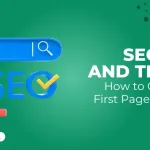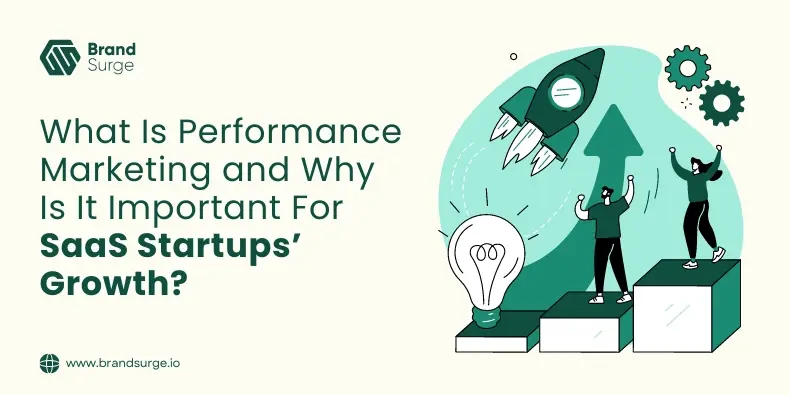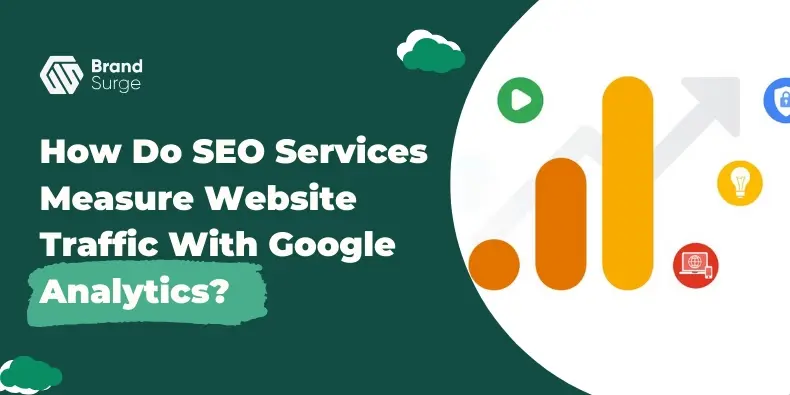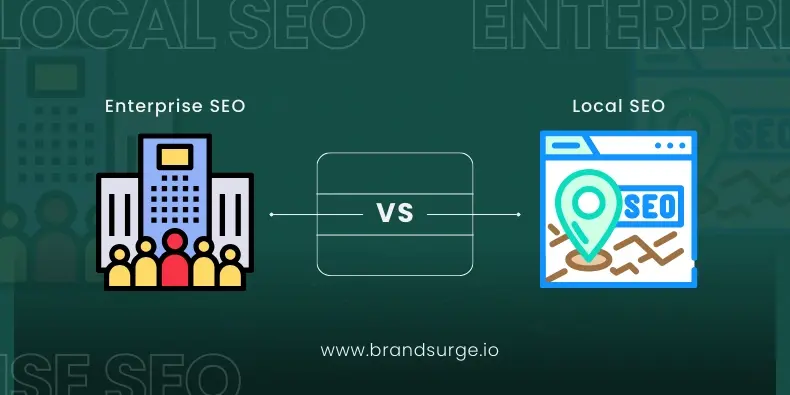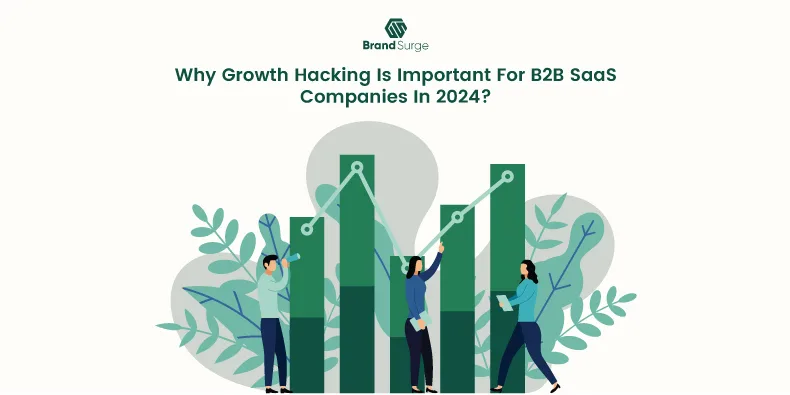In the ever-evolving realm of SEO, one of the most recent concepts to gain traction is E-E-A-T, an extension of Google’s original E-A-T (Expertise, Authoritativeness, and Trustworthiness) guidelines.
The added “E” stands for Experience, adding another layer of user interaction to the SEO landscape. So let’s delve deeper to understand what the new “E” in E-E-A-T means for SEO basics.
What is E-E-A-T in SEO basics?
Understanding SEO basics and SEO strategies will help you most effectively target the audience. Therefore, it’s important to get clarity on what this new “E” means. In simple words, it places creators’ Experience at the forefront of SEO, emphasizing its importance in ranking higher on search engines. The acronym “E-E-A-T” stands for Experience, Expertise, Authoritativeness, and Trustworthiness. It is important to note that E-E-A-T is not a ranking factor of Google’s search algorithm. It is instead a component of Google’s Search Quality Rater Guidelines which are utilized by individuals known as “Quality Raters” to assess the expertise of content creators.Why E-E-A-T is Important?
The addition of the new “E” refers to “experience,” – and it means that Google values firsthand or life experience on the topic a page is about. It is important because searchers often want to know first-hand information before they decide to purchase something or use a certain service. This insight is central to understanding How to Improve Your Site’s EEAT in SEO. It indicates that the Google algorithm is designed in a way to “reward” pages where the author has authentic Experience on the topic they are writing about. For example, if the blog is a review of the latest restaurant in the town, so the author should either be a food critic or a regular reviewer of similar places. This would build the credibility of the author, and Google is more likely to consider him as ‘experienced’ for the criteria.How Google’s Quality Raters Evaluate E-E-A-T
Google’s Search Quality Rater Guidelines have numerous chapters highlighting how to evaluate E-E-A-T, from a low to the highest level.Lowest E-E-A-T
Chapter 4.5.2 of Google’s Search Quality Rater Guidelines states: “If the E-E-A-T of a page is low enough, people should not use the MC of the page. Use the Lowest rating if the website and content creator has an extremely negative reputation, to the extent that many people would consider the webpage or website untrustworthy.”Lacking E-E-A-T
Chapter 5.1 of Google’s Search Quality Rater Guidelines guides quality raters what to look for when evaluating a low level of E-E-A-T: Low-quality pages often lack an appropriate level of E-E-A-T for the topic or purpose of the page. For example, e.g., a shopping page with minimal customer service information – the page or website is not trustworthy for its purpose. However, Google says a positive reputation cannot overcome the lack of E-E-A-T for the topic or purpose of the page.High Level Of E-E-A-T
Chapter 7.3 of Google’s Search Quality Rater Guidelines has information regarding the criteria for achieving a high level of E-E-A-T. Regarding demonstrating Experience, Google says: “Pages with High E-E-A-T are trustworthy or very trustworthy. Experience is valuable for almost any topic. Social media posts and forum discussions are often high quality when they involve people sharing their Experiences.”Very High Level Of E-E-A-T
Chapter 8.3 of Google’s Search Quality Rater Guidelines has information regarding the criteria for achieving the highest level of E-E-A-T: “Very high E-E-A-T is a distinguishing factor for Highest quality pages. A website or content creator who is the uniquely authoritative, go-to source for a topic has very high E-E-A-T. Very high E-E-A-T websites and content creators are the most trusted sources on the internet for a particular topic.” Meanwhile, keep in mind that search engine optimization is a long-term game, and the key to success lies in consistently offering value to your users. Get in touch with our technical SEO experts at Brand Surge, a leading digital marketing agency, while we make sure that your SEO strategies are up-to-date and in line with current best practices. Experience and engagement are about keeping your audience hooked and providing value and a superior user experience. And when you do that, better search engine rankings will follow
What is the importance of the new "E" in SEO basics?
Experience in E-E-A-T is a key indicator of the quality of user experience a website provides. It includes how users interact with your content, how long they stay on your site, and the actions they take. High engagement can lead to longer site visits, lower bounce rates, higher conversion rates, and ultimately better rankings on search engines.
How can I improve the engagement factor for better SEO?
To improve engagement, focus on creating high-quality, interactive content that holds your audience’s attention. Optimize your site’s load speed, make your content easy to navigate, and use analytics to track and improve your engagement metrics.
How does the E-E-A-T principle fit into SEO for beginners?
E-E-A-T stands for Engagement, Expertise, Authoritativeness, and Trustworthiness. It is a principle that guides the creation of content that not only ranks well on search engines but also offers value to users. It’s a holistic approach to SEO that balances technical optimization with quality content and user experience.


















